Historians of the long run will choose the politics of the half century earlier than the Brexit transition ended on 1 January 2021. What, although, of social and cultural historians, those that research how we reside?
Maybe probably the most symbolic cultural artefacts of the final 50 years will prove to not be a blue flag however a bottle of Blue Nun, a block of mozzarella, a Ryanair boarding printout or a ticket to a Bayern Munich v Manchester Metropolis soccer recreation.
Regardless of half a century of belonging to the EU membership, most British folks say their emotional bonds to Europe will not be sturdy. “Practically 60% of Britons don’t determine as European in any respect,” says Anand Menon, a professor of European politics at King’s Faculty London.
Allegiance to an summary notion or a set of establishments is a stretch even for Europhiles. The early weeks of the pandemic in March tested solidarity even among the many diehard founder member states. But lives and existence throughout the continent are nearer than conceivable in 1973 and in methods that can not be measured by a survey. Even when no European “society” exists for Britain’s departure to disrupt, an off-the-cuff convergence of tastes and cultural assumptions that may very well be referred to as “Europeanisation” has taken place during the last 5 a long time.
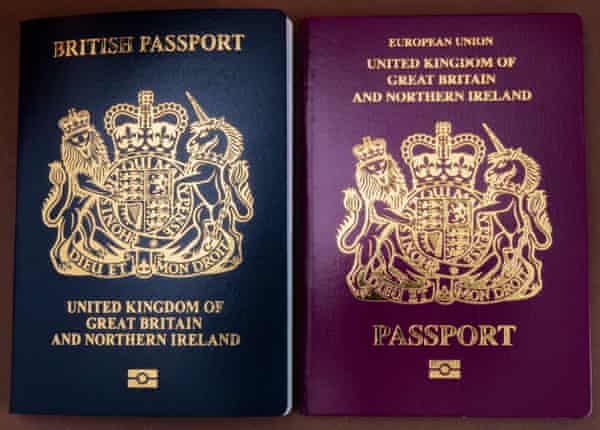
We could also be accustomed to how burgundy passports transformed migration, training and work. Scientists, researchers, numerous professionals and the Erasmus generation shall be affected by the lack of freedom of motion. EU residents who made lives within the UK, particularly after the opening as much as japanese Europe from 2004, are bracing for a brand new precarity.
However what concerning the majority of Britons who by no means married a Swede, purchased a vacation house in France, acquired an engineering job in Eindhoven or spent a 12 months finding out in Madrid? How bumpy a trip will their sociocultural readjustment be?
For good or in poor health, the boring enterprise of commerce – built-in provide chains, the free motion of products and customary guidelines for every thing from vitality to eggs – has formed their lives too, even when few noticed themselves as individuals in a post-national experiment not to mention expressed it as a type of id.
The best irony is that a lot of the Europeanising course of that Boris Johnson’s onerous divorce settlement goals to finish was not pushed from Brussels however from London.
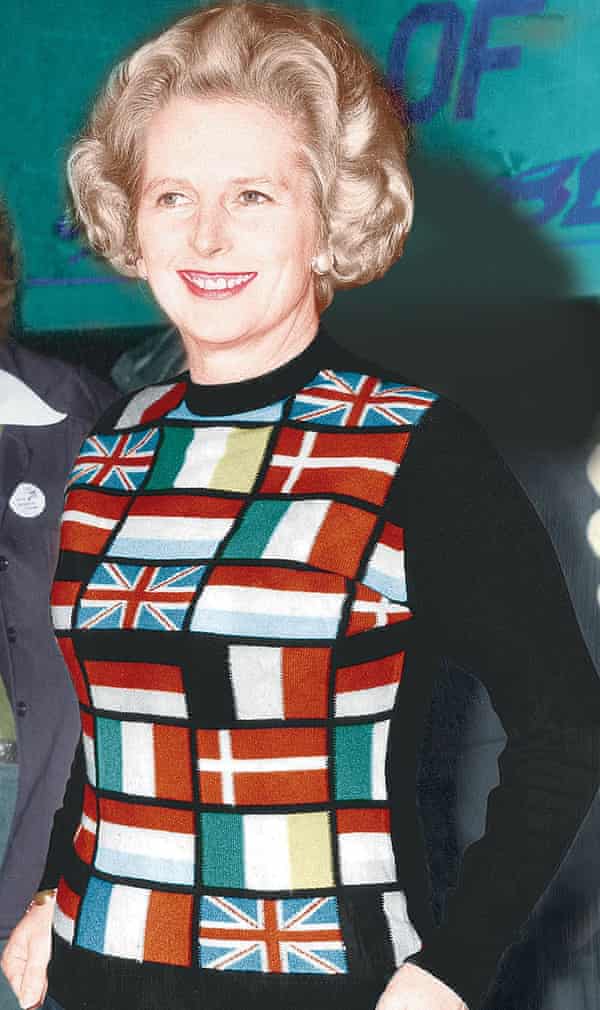
Britain entered the bloc in 1973 solely for transactional causes and never as a result of it “purchased into the narrative” of political integration, says Menon. If GDP alone is the benchmark of success, membership paid off. Earnings per individual is roughly 8.5% larger than it could have been had the UK stayed out, Nicholas Crafts, a professor of financial historical past on the College of Sussex, estimates. He attributes this further prosperity to elevated competitors, decrease commerce prices and better productiveness.
Margaret Thatcher could have let her antipathy to the federalist dream seed the tradition struggle that led to Brexit, however she backed the 1985 undertaking that may from 1992 develop into the EU’s most far-reaching achievement: the single market. Unwittingly, in pursuing its personal pursuits through an expansive “frequent market”, the UK ended up promoting EU residents a typical European life-style and even perhaps a typical id.
British fingerprints, says Crafts, have been all around the undertaking. It meant items may very well be packaged, labelled, transported and safely offered throughout Europe with none further paperwork. “We have been pushing strongly for it,” says Crafts. “It’s quite simple: in case you scale back the prices of doing enterprise, the amount of commerce goes up.
“British enterprise discovered standardisation a bonus. As a result of a regulatory union – which is strictly what the only market is – reduces prices rather more than tariff-free commerce does.”
Meals, wonderful meals
How Europeans eat and drink in 2020 in contrast with 1973 might be the clearest illustration of how the only market influenced habits and no less than partially rewired Britons’ expectations. The Daily Mail recently printed a pictorial information to coping with Brexit-related meals disruption. Pizza, brie and avocado may very well be changed by chips, toast and mutton, it instructed.
The Christmas Eve Brexit deal spares Britain hefty tariffs on meals imports however new limitations and prices may scale back the year-round availability of sure meals and make them dearer.
The Mail’s much-mocked meals chart was an much more helpful reminder of the socio-gastronomic transformation that EU membership delivered to Britain. The shift in meals high quality and the democratisation of Britain’s meals tradition has been “staggering”, says Tim Lang, a professor of meals coverage at Metropolis, College of London. Meals, he says, has been an emblem of European integration ever because the frequent agricultural coverage (CAP) was based to banish the reminiscence of wartime hunger.
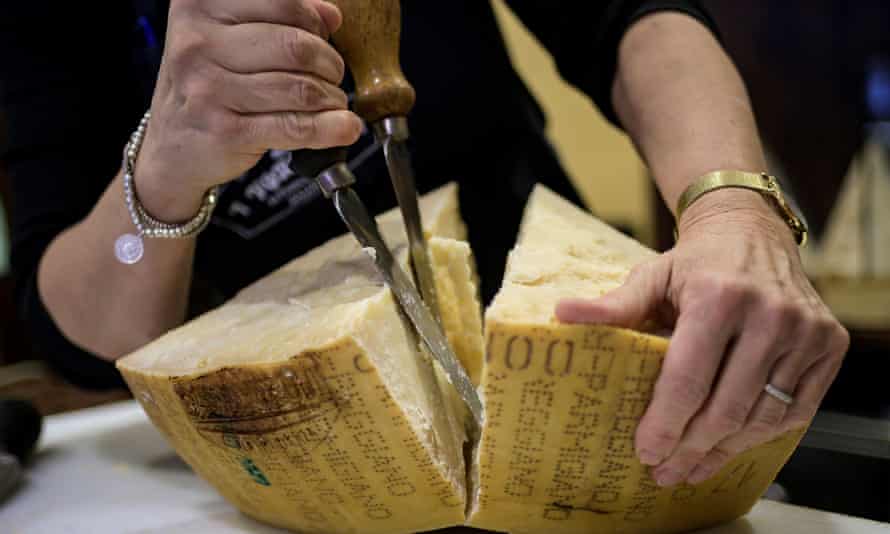
In 1973, the ONS retail worth index mirrored the pre-common-market British palate: that 12 months’s consultant purchasing basket included mutton, Smash prompt mashed potatoes and tinned corned beef. Olive oil could have been on the tables of the Elizabeth David-reading English center courses, however most individuals cooked with lard. Wine didn’t determine even in 1977: sky-high tariffs put something greater than the occasional bottle of Blue Nun out of most individuals’s worth vary.
We will partly blame EU agricultural coverage for the disappearance of conventional fruit varieties however British supermarkets discovered it cheaper to import granny smith or golden scrumptious apples, Dutch-grown tomatoes and Spanish strawberries on the volumes British prospects had began to demand. Muesli, floor espresso, pitta bread, fromage frais, riesling and pesto all joined the ONS purchasing basket between 1980 and 2000. “The Europeanisation of the British weight-reduction plan is one thing even Brexiters must acknowledge,” says Lang. “Mediterranean meals and pizza-eating cafe tradition was for the British elite. That fully modified and it’s exceptional.”
In 1988, domestically produced meals accounted for 66% of all meals offered in Britain. At this time, the determine has fallen to 50% whereas more than 60% of the UK’s fresh food is imported from the EU. For dairy products, the EU is nearly the only provider.
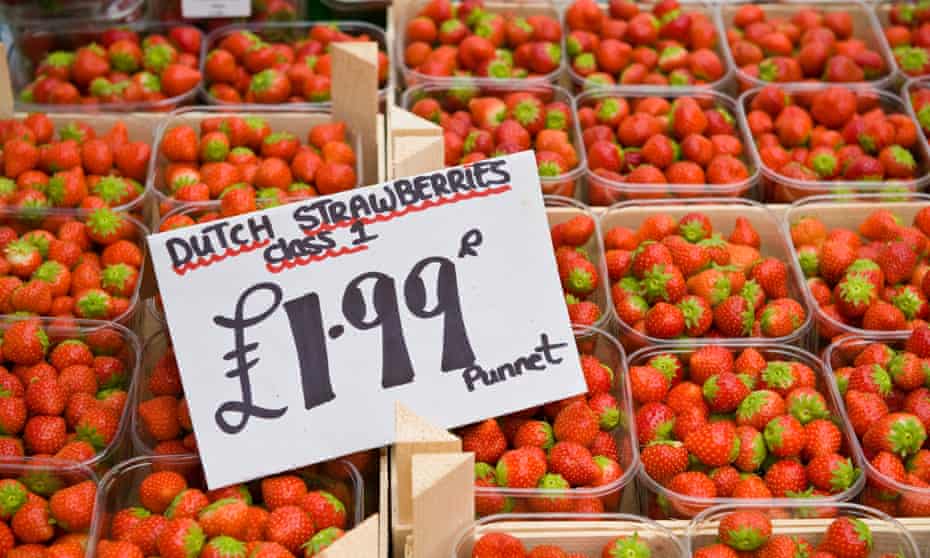
Publish-Brexit, the dietary vary may slim for poorer British households and as a House of Lords select committee report warned, meals inequality may widen with those that can afford it nonetheless in a position to purchase top quality native contemporary produce.
A tightly woven “extremely Europeanised” ecosystem of meals security oversight, in the meantime, advanced to guard customers, which essentially deepened integration between EU governments, says Lang. “If there may be contamination in a tin of tomatoes in Italy each member state is alerted concurrently.”
Much less palatable, he says, is the focus of big meals producers – which account for half of all European meals gross sales – and the ability of some large retail companies. Not solely have they formed the meals system, in addition they make “taking again management” a problem. “The only market allowed that course of to speed up,” says Lang. “Tesco, Carrefour, Aldi and Lidl have been in a position to go all over the place they usually have executed so.”
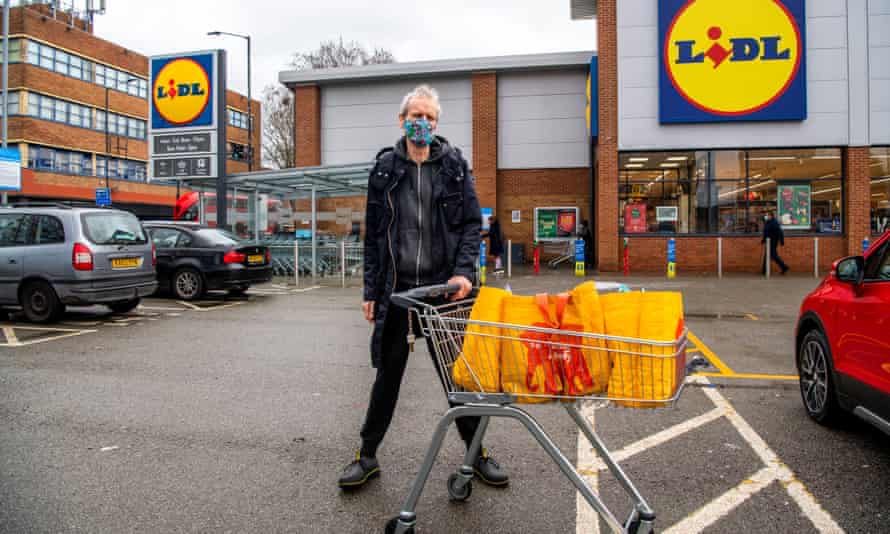
Households additionally mirror the UK style revolution that coincided with seamless commerce. Terence Conran introduced the primary “continental quilts” to Britain from Sweden within the 1960s with their promise of uncluttered straightforward dwelling. Duvets, used on the continent for a century earlier than that, weren’t within the ONS British purchasing basket till the early 80s. A couple of years later, Brits have been being offered flatpack modernism and the Scandinavian dream, with the arrival within the UK of the primary Ikea retailer.
In driving down costs, and making linguistic variations irrelevant – though one other legacy of Britain’s membership is English as a lingua franca – the only market, with its community of client safety legal guidelines helped to turbo-charge a client revolution. “It might need occurred with out EU membership however not on the identical tempo,” Crafts says. “You anticipate, with better integration, that relative costs develop into comparable and that impacts consumption.”
A broadening of horizons
The delicate energy of the only market reshaped the tradition in different methods. A Milan to Paris airfare price the equal of no less than €400 in 1992. Between 1993 and 1997, the EU liberalised aviation. Enter no-frills Ryanair, initially within the UK and Irish markets, now Europe’s greatest airline. Cheaper journey has been a combined blessing for weekend hen and stag do locations, and disastrous for the local weather. However one other genie was out of the bottle: air visitors within the EU trebled within the first 20 years of the only market. Journeys throughout the EU accounted for many British holiday travel in 2019.
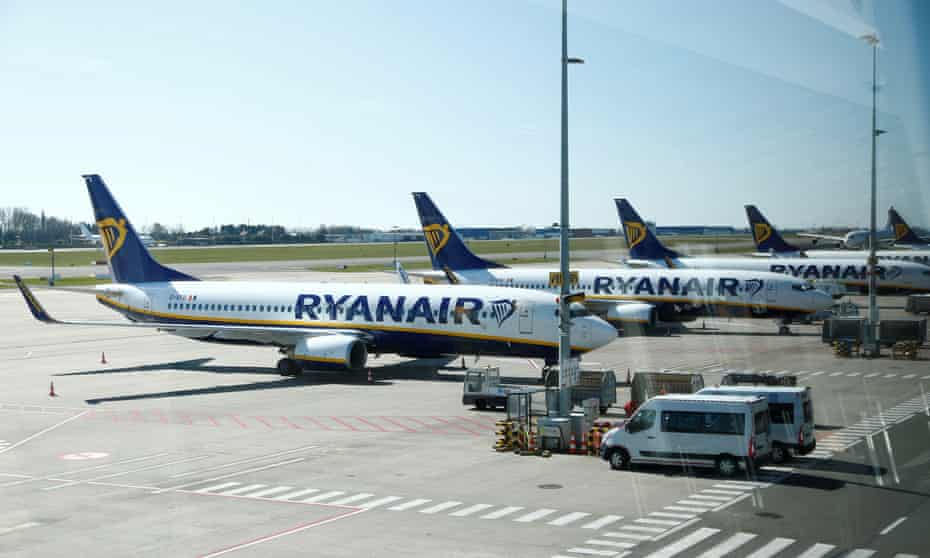
A “symbiotic” relationship grew, too, between funds air fares and one other British establishment, says Simon Chadwick, a professor of Eurasian sport at Emlyon Enterprise College in France. Soccer followers didn’t traditionally journey in large numbers to continental video games, however from the late-1990s, La Liga, Serie A and Bundesliga entered the collective vocabulary as short-haul soccer tourism exploded.
“Europeanisation has been constructed by means of soccer,” says Chadwick.
In 1995, a seminal European courtroom of justice verdict revolutionised the hiring and switch of EU gamers by insisting on their freedom to work in any member state. Soccer, it turned out, was additionally ruled by the only market.
The Bosman ruling kicked off a brand new period. The Italian participant Fabrizio Ravanelli triggered a sensation by quitting Juventus for Middlesbrough weeks after his membership received the 1996 Champions League. Gamers, managers, coaches and workers in any respect ranges of the sport flocked to the UK. European mainland followers arrived too, fuelling a soccer economic system for Manchester, Liverpool, Glasgow and different UK cities.
“Quick ahead 20 years, the psyche of English followers had modified,” says Chadwick. “We don’t discuss now about ‘international gamers’ ,they’re simply gamers.” Wenger, Klopp and Guardiola have develop into family names. “Individuals simply accepted their fashion and strategy to the sport as a part of the tradition of English soccer. Many individuals will not be conscious that this trade is a part of freedom of motion throughout the EU.”

Brexit makes recruitment of EU residents by Premier League golf equipment extra cumbersome with points-based work permits now required. Younger English footballers akin to Jude Bellingham, who performs for Borussia Dortmund, could discover doorways closing to them.
The only market has allowed the proliferation of soccer broadcasting rights and any free commerce impediments created by Brexit may additionally undermine the profitable nature of Premier League TV offers with EU international locations, says Chadwick, particularly as companies will not be lined by the Johnson authorities’s take care of the EU. The Premier League’s most profitable abroad deal, for instance, is with Scandinavian EU member states.
Free commerce difficulties may additionally have an effect on Uefa’s advertising of broadcast rights, each throughout Europe and elsewhere on the earth. “We take quite a bit as a right however we’re on the cusp of one thing completely different,” says Chadwick. “Soccer is so deeply embedded within the lifetime of the nation that individuals don’t realise what they’ve, or what they could lose.”
The EU is at this time way over {the marketplace} Thatcher helped to craft. It has a single foreign money, legally binding environmental requirements, employee protections, social insurance policies, a budgetary coverage that makes an attempt to degree out regional disparities and a human rights constitution. Its critics say the pandemic and the necessity for a inexperienced restoration needs to be the impetus for a extra progressive, much less “Anglo-Saxon” EU political economic system to emerge.
Will the identical realities drive the UK’s path, or will the aware repudiation of a European id constructed on seamless commerce and integration develop into tangible?
Maybe, because the Lithuanian novelist and historian Kristina Sabaliauskaitė predicted, the second that Britain begins to expertise life exterior the EU is the second it learns “with a shock, how very European it was in any case”.
Supply: www.theguardian.com



